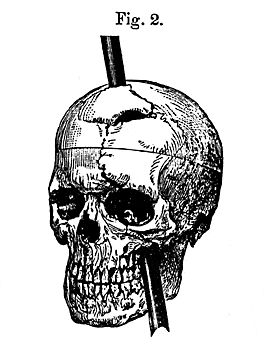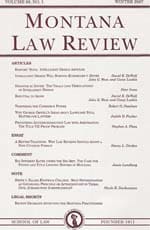Would Dr. Arno Penzias, Nobel Laureate in Physics, Be Blacklisted at Iowa State?

Guillermo Gonzalez is the outstanding astronomer who was blacklisted from tenure at Iowa State University because of his support for intelligent design. As my colleagues here on ENV have pointed out, Dr. Gonzalez’ academic record is superb. Since his arrival in 2001, Dr. Gonzalez has been the most productive astronomer in his department, judged by the impact factor of his publications.
It’s clear that Dr. Gonzalez was denied tenure for only one reason: he stated publicly that he believes there is evidence for design in the universe. As I observed in a previous post about Georges Lemaître, the Catholic priest who is the father of the Big Bang theory, many of the most prominent astronomers in history have shared Dr. Gonzalez’s opinion about the evidence for design in the universe. Nowadays, it is very dangerous to state such beliefs in science departments of many universities, including Iowa State University.
Who else, besides Dr. Gonzalez and Dr. Lemaître, would qualify for Iowa State’s blacklist? Nobel laureate Dr. Arno Penzias (photo) meets Iowa State’s implicit criteria for denial of tenure. He has discussed his opinions regarding the philosophical ramifications of his discovery quite openly, and, in many ways, has done so in a way that was more explicitly religious than Dr. Gonzalez.
Read More ›







































